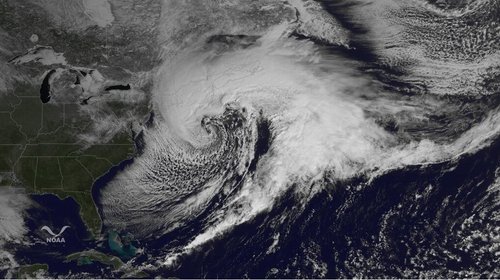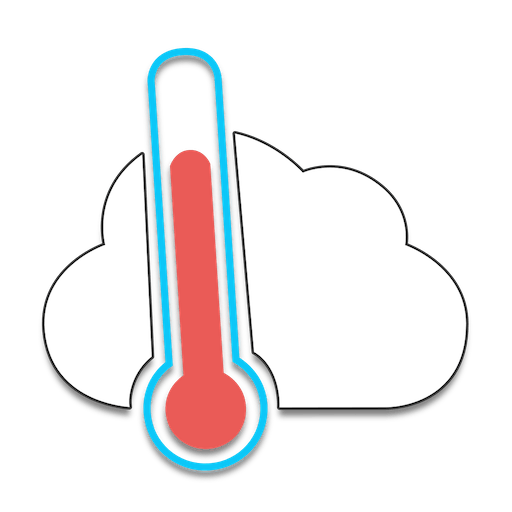Atlantic Storm Slams Canadian Maritimes
This past week a strong Nor’easter affected the Canadian Maritimes which brought large amounts of snow as well as record-breaking wind gusts. The dynamic system that started off as a weak low off Florida’s east coast and quickly deepened, over 40mb in 24 hours, over the Gulf Stream. By the time the low had traveled up the East Coast and reached the Canadian Maritimes, it had peaked in strength at 955mb. Although this system, a cold low, was much different dynamically than a hurricane, it brought extreme wind gusts of category 3 strength; 186km/h gust in Wreckhouse, NL (breaking the old record of 180km/h). Widespread 100km/h gusts were reported across both Nova Scotia and Newfoundland.

The forecast proved to be a tough one, especially along Nova Scotia’s coast, where warm air coming off the Atlantic Ocean had an impact on the snow amounts. Widespread amounts of 40cm were reported in both Nova Scotia and New Brunswick. Halifax’s snowfall total, which was affected by the warm air coming off the Atlantic, only received 21cm. The highest total out of all the major Maritime cities was Charlottetown, PEI, which reported an incredible 53cm from the storm and experienced snowfall rates as high as 10cm per hour. Unsurprisingly, about 20,000 people were out of power at some point in the Maritimes and most flights in Halifax were cancelled on Wednesday. The Confederation Bridge connecting PEI to the mainland was also closed, due to the strong winds.
Only to add salt to the wound, the Maritimes are expecting another messy weather system to affect the region Sunday night into Monday. It will bring a mixed bag of precipitation to the region, depending on proximity to the Atlantic Coast; rain and freezing rain can be expected near the coast such as in Halifax. Further inland into New Brunswick, ice pellets/freezing rain transitioning to heavy snow will fall. The precipitation amounts will not be as high as the previous system, but nonetheless significant, as models are snowing that conservatively 15cm could fall in the snowfall region and 20mm of rain near the coast.
